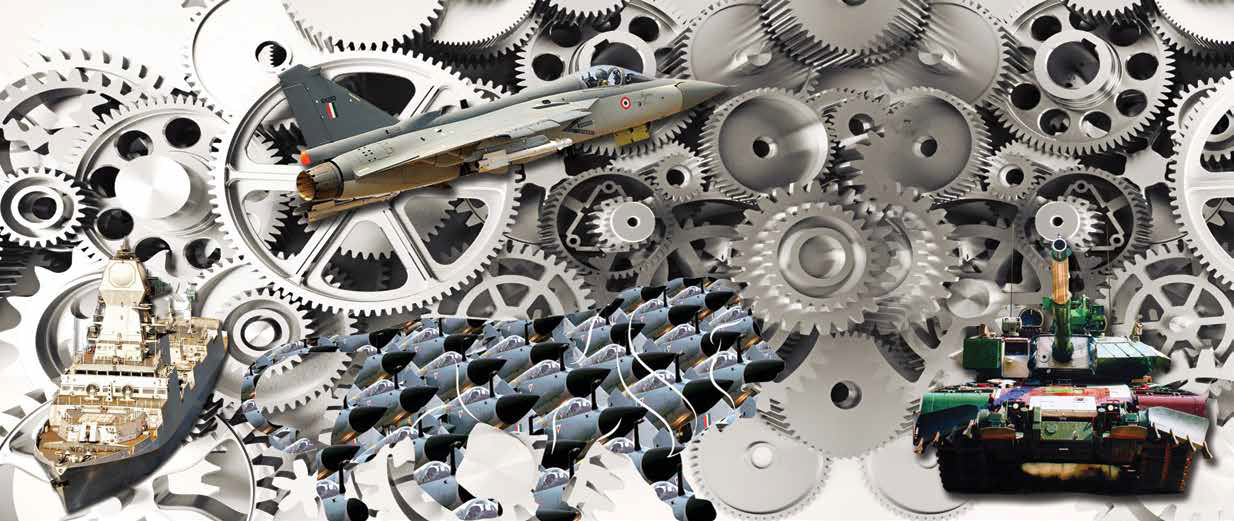General Upendra Dwivedi Takes Command As Chief Of The Army Staff
July 2, 2024

I had an opportunity to visit and interact with various people in China in many cities like Beijing, Shanghai, Xian, Shenzhen, and Macau & Hong Kong. I also dealt with various large size heavy CNC machinery manufacturers from China as well as Taiwan. I feel I have a fair idea of their systems, working methodology and various expertise, shortcomings, capacity, dedication, discipline etc. These aspects are necessary to know before expressing any opinion.
The one line answer to the topic is NOTHING IS IMPOSSIBLE FOR INDIA BUT IT IS TOO DIFFICULT TO ACHIEVE THIS GOAL WITH EXISTING SYSTEMS.
It is important to know various stages of how China has succeeded to become a Manufacturing Hub and its advantages before we aspire for a similar level. The Cultural Revolution of Mao had just passed and the new leader Mr. Deng Xiaoping had just taken over in the late 70s, announced open door policy with four modernization plans but hardly any outsider had ventured in. They therefore formed various teams of experts including experts from the British ruled Hong Kong and sent them to study the best practices around the world for implementation. One of my professors’ late Dr. P. K. Venu Vinod then Head of the Department and Chair Professor of Manufacturing Engineering at City University at Hong Kong was one of the team members for almost 2 decades. As everything was publically owned during the Mao era, there was no incentive for individual productive efforts. This changed gradually as Deng’s market oriented reforms took hold. Soon a strong private sector started to complement the public sector (much earlier than India). Result, China raced ahead of India and in the process over half a million people crossed the poverty barrier. The effect of all this, is a change of mind set to “Gung Ho” or “Can Do” attitude.
The above 7 factors played an important role for China to become a manufacturing hub in the world. There are also various other factors we need to concentrate on.
We also need to give the highest emphasis on R&D and come out with new solutions in all fields and minimizing our dependence on the outside world. If we really achieve leading edge in various solar applications, electric or ethanol running vehicles, the same will help us to reduce import of Oil substantially. In fact, the First Oil well of Asia was dug in 1866 at Digboi (Assam) and the first oil refinery was started in 1901. This oil well is barely 8 years after Edwin L. Drake drilled the world’s first oil well in 1859 in Titusville, Peninsula USA. But thereafter there was hardly any progress to dig the well of oil till ONGC was formed on 14th August 1956. We started the transition to a market economy much later than China.
If India wants to replace China as a manufacturing hub, we will have to make drastic changes in our system, rules, regulations, acts, labour laws, licensing procedure from Government side and also change of mind set of every Indian is equally must as every Indian needs to be hard worker and productive without bothering for high salary, position, qualifications, ego, prestige, contacts to higher authorities. Our democratic set up with so many religions, languages, excess freedom & concessions given to some sections of society, excess freedom for media ( some either paid or supported by foreign powers with vested interest) in which some take disadvantage in wrongly propagating every action of Government, frequent protest by opposition are surely a big hurdle and limitations for growth & international competition. If these factors are not improved on war footing it may be difficult to become global manufacturing hub
We first need to balance trade with China at equal level before we think of overtaking them in manufacturing activity.
In order to supersede China in manufacturing our speed of progress has to be much faster than China to come to their existing level and then to take over. We urgently need to reduce our import bill drastically on war footing so that we can invest in large projects with global view in mind. This will also help to raise the value of Rupee in the international market. We need to be a big attraction to various foreign manufacturers to enable them to procure heavy equipment, and heavy machineries and infrastructure projects from India. Though it looks like a distant dream today, it is not impossible if we are determined to do it but ‘WE’ is very important. The path is tough and difficult but definitely achievable.

Author: Mukund Puranik
The Author is B.E. (Mechanical),M.Tech. (Machine Tools) and Chartered Engineer with an experience of 35+ years in the field of Machinery Industries. The major areas of his specialisation are Valuation (P&M) and Consultancy. Currently, he is a Proprietor of Universal Engineering Consultants